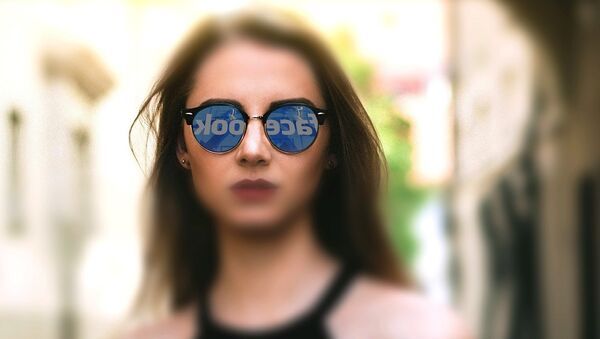Facebook was accused of "gagging public interest groups wholesale" after a joint campaign video between the European Environmental Bureau (EEB) and European Public Health Alliance (EPHA) simulating the impacts of air pollution was blocked from the platform.
The EEB argued in a blog post that urbanites breathing illegal levels of air pollution poses the "biggest environmental health problem we face", citing the EU Court of Auditors.
The group said that Facebook blocked the ad campaign and rejected an appeal on Thursday, noting that campaigners wanted to share the video as governments are "deciding on new car pollution standards next week".
Traffic fumes cost taxpayers billions in #healthcare costs, first ever study findshttps://t.co/oZzOCuuXZS
— Transport & Environment (@transenv) November 27, 2018
EU should boost clean cars via strong new #CO2 standards. Trialogue concluding early December#airpollution #publichealth #europewewant #EUelections2019 #cleanair4health pic.twitter.com/uRjsVFBLi2
"Stopping graphic footage reaching kids is understandable. Gagging public interest groups wholesale is not," Jack Hunter, EEB senior communications' officer wrote in the blog post.
Yves Brand, vice president of the EPHA told Sputnik that the group had "started the Clean Air 4 Health campaign in response to rising concern about the effects of air pollution on public health."
"The video was developed to show the different effects that air pollution can have on a person's health, and we believe that it is important that public interest NGOs such as ours are able to use platforms like Facebook," Mr. Brand said, noting politicians' "lack of ambitious actions to deal with this huge public health emergency."
An EPHA spokesperson told Sputnik that this was the first time that the organisation had encountered the problem, adding that the incident prevented the organisation from "further promoting a demand for action to reduce air pollution and protect public health on Facebook".
"We were surprised, as Facebook previously accepted to promote the video," the spokesperson said. "We believe that it is important that public interest NGOs such as ours are able to use platforms like Facebook to get their messages across to reach the widest possible audience."
READ MORE: Scholar on Possible UK Govt Facebook Investigation Consequences: 'Game-Changing'
Guardian columnist and green activist George Monbiot faced similar censorship in October after Facebook deleted his video post on Christopher Columbus, citing a "violation of community standards" without providing further details or allowing an appeal.
Moinbot's video had reached 900,000 views and an audience of 3m over eight days before Facebook took it down, Double Down News reported.
"Facebook could have opted to put a warning screen on the video, which we would have had no problem with," a Double Down News spokesperson said, adding that "the lack of transparency and recourse to appeal" was "deeply unsettling".
Following the Cambridge Analytica scandal, Facebook approved a new policy requiring campaigners to mark adverts as political and catalogue posts for seven years after publication, in addition to providing disclaimers stating who paid for the advert, the company website said. However, unregistered advertisers being removed from the social media platform.
The views and opinions expressed in this article are those of the speakers and do not necessarily reflect Sputnik's position.

